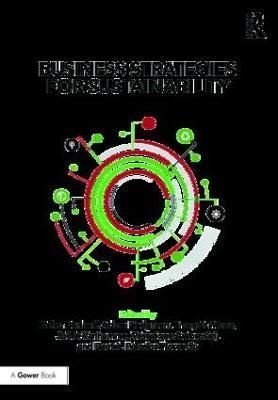The basic knowledge of cell biology and molecular genetics in oncology is increasingly attracting the interest of clinical oncologists and is close to reaching a helpful application at the bedside. At present, it seems clear that the solution of the cancer problem lies within the comprehension of the intimate mechanisms leading to cell transformation and tumor progression as weIl as of the cancer-host relationship. According to this rationale every achievement in this context could drastically improve both diagnosis and therapy of neoplastic diseases. This={)ook represents the proceedings of the International Conference o~ Cancer: Biological Mechanisms and Clinical Applications, held in Rome on November 16-18, 1992. The meeting was organized by the Centro di Ricerche Oncologiche “Giovanni XXIII” of the Catholic University of Rome and the Consorzio Mario Negri Sud of S. M. Imbaro in collaboration with other colleagues from the Universities of Napoli and Bologna. As organizers and pmticipants to the Conference we think the meeting was a success, as was confirmed by the great interest raised in scientific and academic circles. The book collects contributions from leading scientists in all oncological m·eas ranging from molecular biology to immunology, diagnosis and therapy. The papers are organized into four sections: I - Molecular aspects of cell transformation and growth; II - Membrane receptors and signal transduction; III - Models for new therapeutical strategies; IV - Clinical Applications, following the strategy that chm·acterized the entire meeting: from molecule to bedside.












